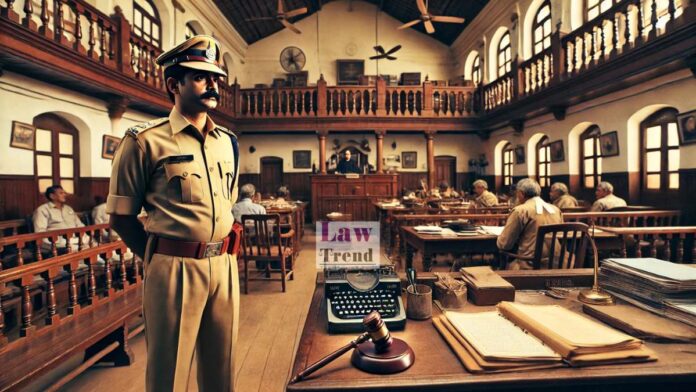In a recent decision, the Kerala High Court ruled that acts of police brutality cannot be justified as part of official duty, dismissing a petition by a police officer seeking protection under Section 197 of the Criminal Procedure Code (CrPC). Justice K. Babu, delivering the judgment on November 27, 2024, emphasized the distinction between legitimate
To Read More Please Subscribe to VIP Membership for Unlimited Access to All the Articles, Download Available Copies of Judgments/Order, Acess to Central/State Bare Acts, Advertisement Free Content, Access to More than 4000 Legal Drafts( Readymade Editable Formats of Suits, Petitions, Writs, Legal Notices, Divorce Petitions, 138 Notices, Bail Applications etc.) in Hindi and English.




